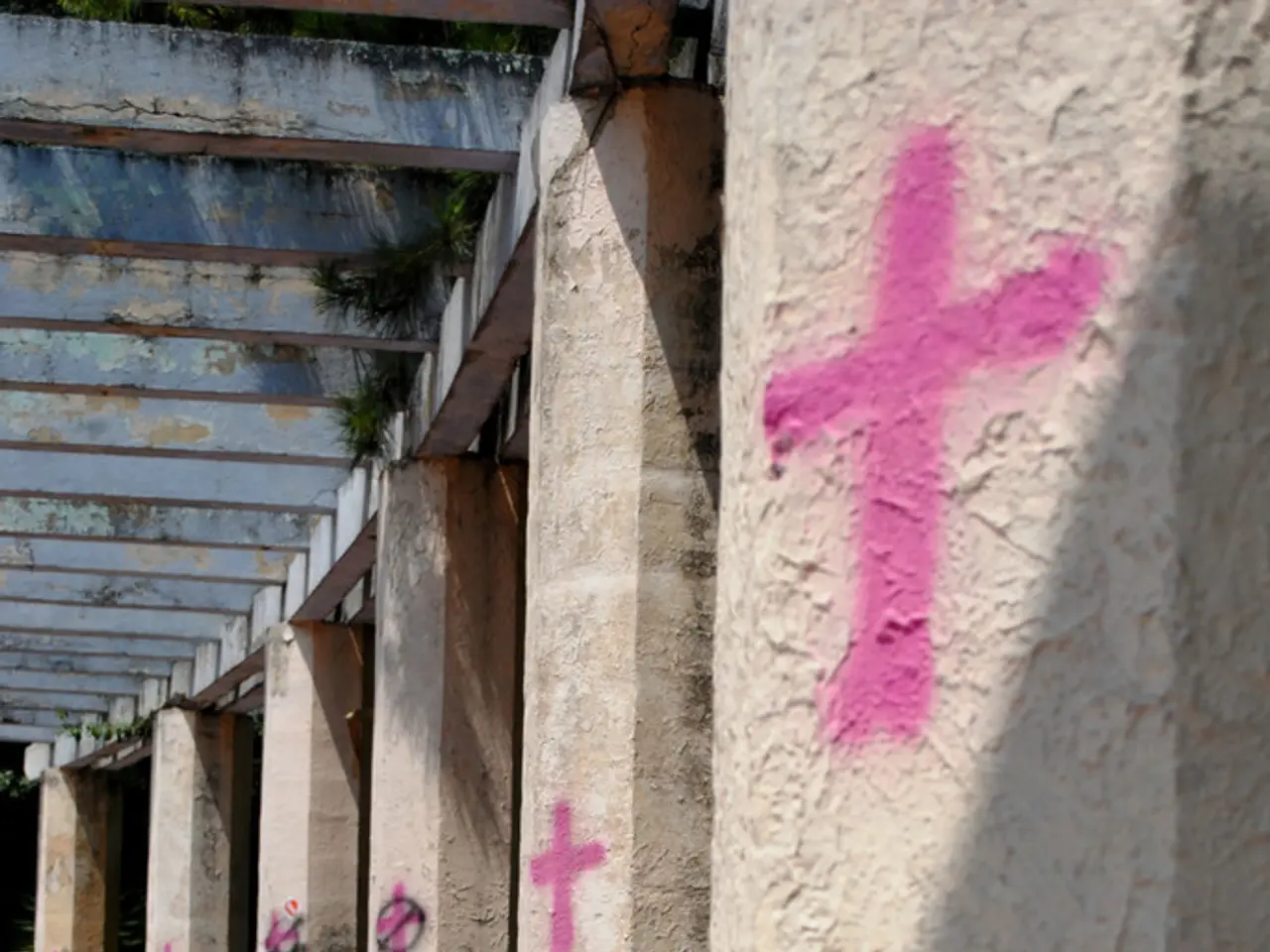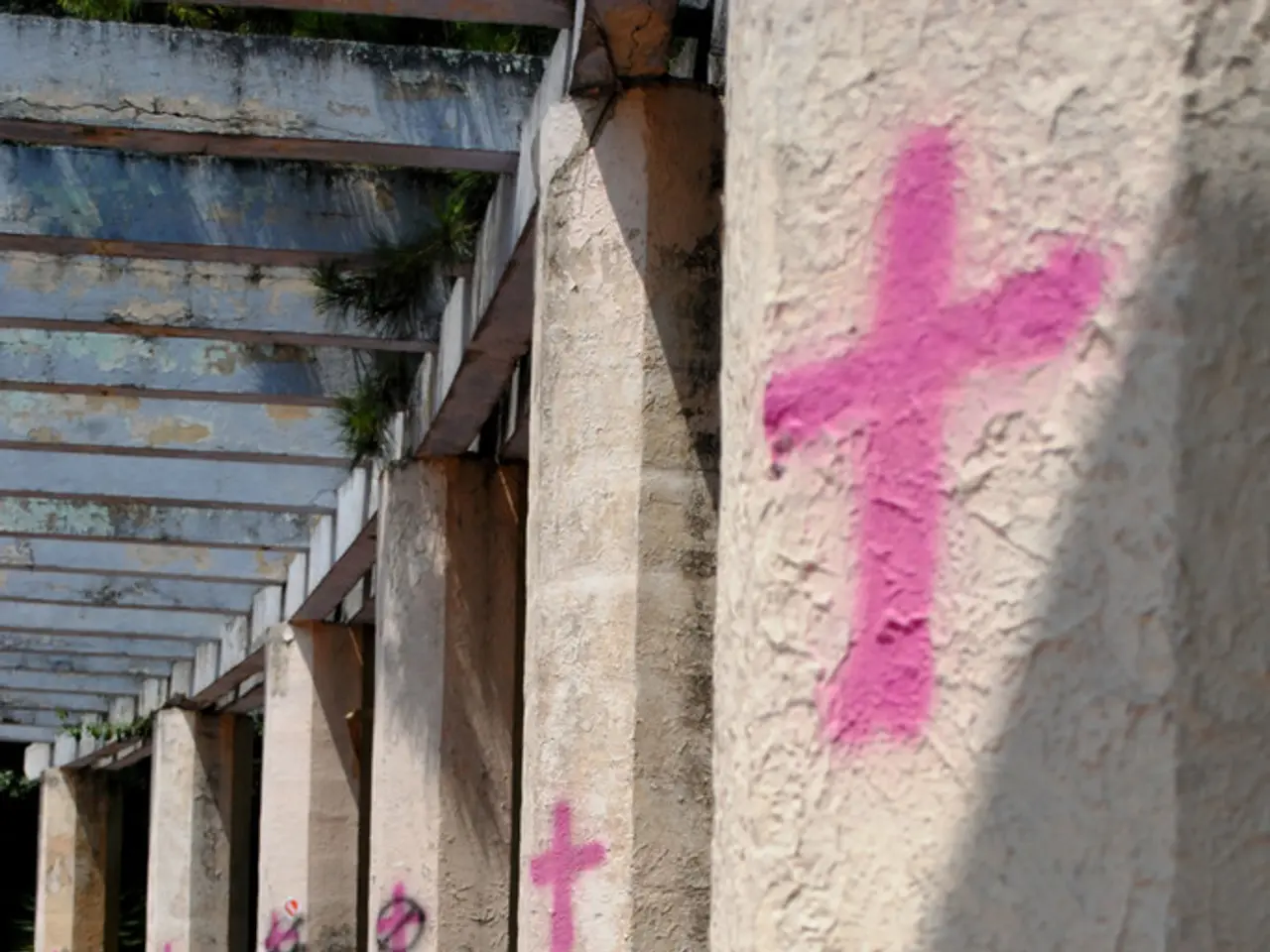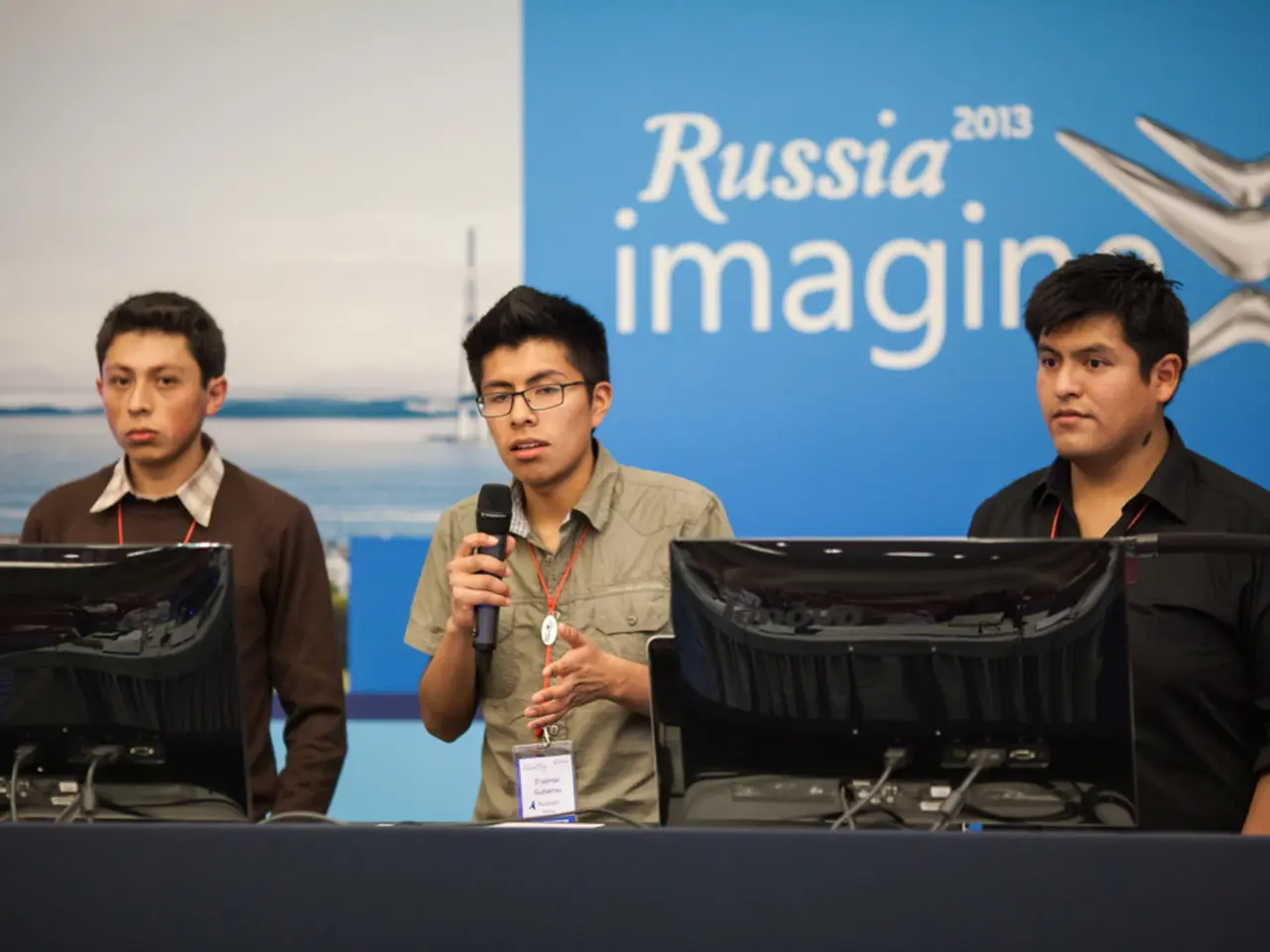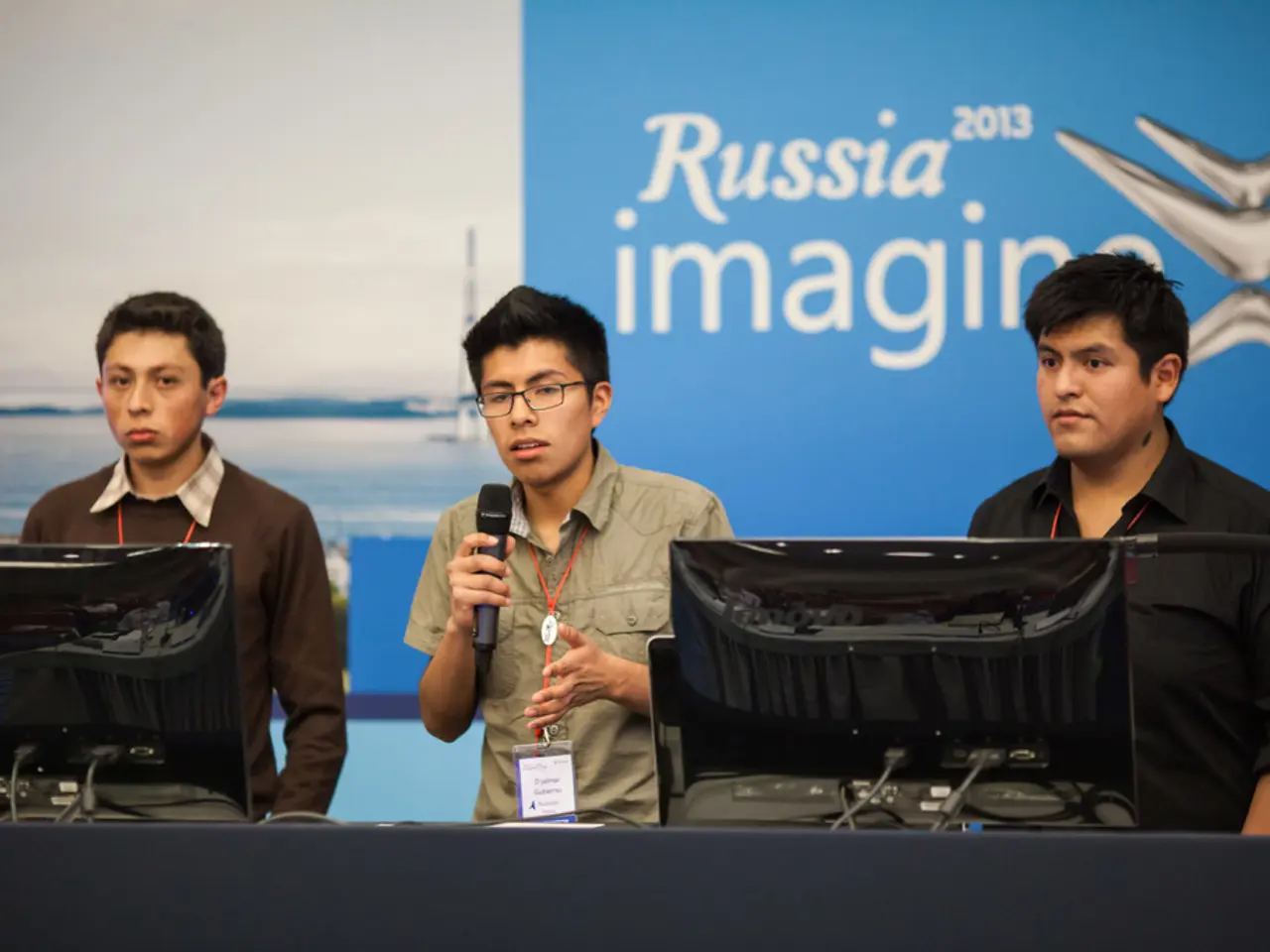Muslims' Persecution of Christians Denounced as Islamophobic by the United Nations
In recent years, there have been numerous instances of attacks on Christian churches around the world, with a particular focus on regions with large Muslim populations. These attacks, however, are not included in the list of earlier examples where international bodies have responded with condemnation and action.
In 2019, at least 20 Christians were killed and over 100 injured in a church bombing in the Philippines. The following year, a church in Damascus, Syria was attacked, resulting in the death of 25 Christians, mostly women and children, and nearly 100 injuries. In 2022, 26 Christians were killed inside a church in Burkina Faso, and in 2024, one man was killed and another injured when masked gunmen entered a Catholic church in Turkey and opened fire.
These attacks are not isolated incidents but part of a wider pattern of violence against Christians. In Egypt, nine Christians were killed in a church shooting in Cairo in 2017, and in Nigeria, Muslims have destroyed or torched some 20,000 churches and Christian schools.
The attacks are ideologically driven and share the commonality of being committed by individuals who follow Islam, a religion that teaches hostility for churches and "infidels." In Russia, five people, all women, were killed and at least five more injured when a Muslim man entered a church and opened fire in 2018. Similarly, in Indonesia, 13 Christians were killed and dozens injured in church bombings in 2018.
In Nigeria, more than 50 Christians were killed and unknown numbers injured in explosions near two churches on Easter Sunday in 2012, and in 2024, 26 Christians were killed inside a church in the country. The bombings in Sri Lanka on Easter Sunday in 2018 killed 359 people, and the attacks in Nigeria on Easter Sunday in 2014 burned 150 Christians alive.
Despite these well-documented examples of Muslim attacks on Christian churches with high casualties, there has been little widespread attention or response from international bodies. The UN's focus on combating Islamophobia is aimed at silencing those who expose Islam's pattern of violence against non-Muslims, according to some critics.
The UN has not designated a specific day to combat "Christianophobia" for several complex reasons, including political dynamics, the broader context of religious intolerance, and international focus. While Christians do face serious persecution globally, these situations are often entangled with broader geopolitical and ethnic conflicts.
The international community needs to highlight and address the ongoing problem of Muslim attacks on churches, ensuring that all religious groups are treated with equal respect and protection. It is crucial that the UN and other international bodies prioritize the safety and well-being of all people, regardless of their faith.
Raymond Ibrahim, author of Defenders of the West and Sword and Scimitar, is a leading voice in this conversation, advocating for greater awareness and action against religious intolerance and violence. His work at the Gatestone Institute and the Middle East Forum sheds light on the ongoing persecution of Christians and the need for international action.
[1] "The International Day to Combat Islamophobia: A Critical Analysis" - Middle East Eye [2] "The Persecution of Christians: A Global Overview" - Open Doors USA [3] "Why the United Nations Has Not Designated a Specific Day to Combat Christianophobia" - Gatestone Institute
In light of the ongoing violence against Christians worldwide, it is crucial for political discussions to include the increasing number of attacks on Christian churches, as seen in the Philippines, Syria, Burkina Faso, Turkey, and numerous other regions. General news outlets and crime-and-justice sectors should prioritize reporting on these incidents to raise awareness and prompt international action. Despite the UN's focus on combating Islamophobia, there is a need for equal attention and action toward the safety and well-being of all religious groups, particularly Christians facing persecution globally.






